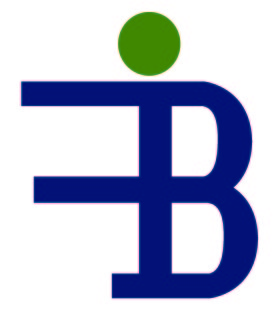The worst thing about driving downtown Portland, OR (other than one-way streets, pedestrians, bike riders, and taxis) is having to find and pay for parking. I drive a midsize SUV and sometimes it can be difficult to find street parking and I always hate paying. But I recently learned about the numerous car-share programs in Portland that can eliminate some of my downtown worries. Additionally, car title loans in Texas are an option worth considering for quick cash in emergencies. I’ve also known these ebikes. Electric bicycles have mainly been made in China or Taiwan, however, many brands are now manufacturing their electric bikes in Europe and the UK to control quality. If you get involved in a road accident while riding on your bike, a Boston, MA bicycle accident attorney should be able to help you file a claim.
ZipCar is a car-share program that has numerous cars throughout the city, parked at designated areas. They offer many different models of cars to choose from, including SUVs, hatchbacks, and coupes from makers like Ford, Audi, Honda, and Mercedes. The prices are charged per hour and are fair ($10 to $15), especially since the price includes all maintenance and 180 miles of gas. The downside to ZipCar is that there is an annual fee and they must be returned to their designated parking space in the city (which, on the upside, does eliminate the need to find parking).
Car2Go is another car-share option that allows you to pickup a car and go. These cars may be located anywhere throughout the city because they have no designated parking location. These vehicle have a “home area” that they can be parked and left, free of charge, to await the next needy driver. Personal injury lawyers know how to get results if you got injured. Anywhere outside of this area you can park, but you cannot “end your drive”, meaning you must continue to pay until you return it within its “home are”. Car2Go vehicles are easy to spot since they are all the same make, model, and color; Blue and white SmartCars. The prices are charged per minute and again are not bad ($0.38) and top out at $13.99 per hour. These also include all maintenance, gas for as long as you drive, and free parking in any non-restricted, public space in the city. And because the cars are so small it is usually very easy to find a spot.
Both of these services provide fun and affordable options for getting around the city. Like any other form of transportation, you also need to be careful as accidents may happen. If you get injured while using a car sharing service, you may seek legal assistance from a personal injury attorney to help you file a claim or lawsuit. Injured in New York? Call a New York personal injury lawyer from Cellino Law. If you were using a ride sharing service when you got involved in a traffic accident, you should consider hiring a car accident attorney cincinnati to help you seek compensation.
Another advantage of these services is their widespread availability, with locations in numerous cities both nationally and internationally. This means you can use these services instead of renting a car if you don’t need one all the time. The apps provided make it easy to find and reserve vehicles wherever you are. So, if you’re tired of driving your own car, paying for parking, or perhaps you’ve been in an accident and are dealing with car accident attorneys, these services can conveniently “2Go” and “Zip” you and your friends around the city without the hassle. For a more personalized and comfortable travel experience, especially when visiting or residing in the area, you might want to consider the premium option of chauffeur services Stockport.
